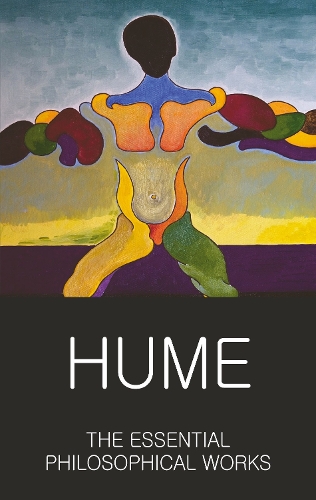
The Essential Philosophical Works
(Paperback, UK ed.)
Publishing Details
The Essential Philosophical Works
By (Author) David Hume
Introduction by Charlotte R. Brown
Introduction by William Edward Morris
Series edited by Tom Griffith
Wordsworth Editions Ltd
Wordsworth Editions Ltd
5th August 2011
5th August 2011
UK ed.
United Kingdom
Classifications
General
Non Fiction
192
Physical Properties
Paperback
896
Width 129mm, Height 198mm, Spine 44mm
548g
Description
David Hume (17111776) was the most important philosopher ever to write in English, as well as a master stylist. This volume contains his major philosophical works. A Treatise of Human Nature (17391740), published while Hume was still in his twenties, consists of three books on the understanding, the passions, and morals. It applies the experimental method of reasoning to human nature in a revolution that was intended to make Hume the Newton of the moral sciences. Disappointed with the Treatise's failure to bring about such a revolution, Hume later recast Book I as An Enquiry concerning Human Understanding (1751), and Book III as An Enquiry concerning the Principles of Morals, which he regarded as 'incomparably the best' of all his works. Both Enquiries went through several editions in his lifetime. Hume's works, controversial in his day, remain deeply and widely influential in ours, especially for his contributions to our understanding of the nature of morality, political and economic theory, philosophy of religion, and philosophical naturalism. This volume also includes Hume's anonymous Abstract of Books I and II of the Treatise, and the short autobiographical essay, 'My Own Life', which he wrote just before his death. With an introduction by Charlotte R. Brown and William Edward Morris AUTHOR: David Hume (1711-1776) was a Scottish philosopher, and is considered one of the most important figures in the history of Western philosophy
